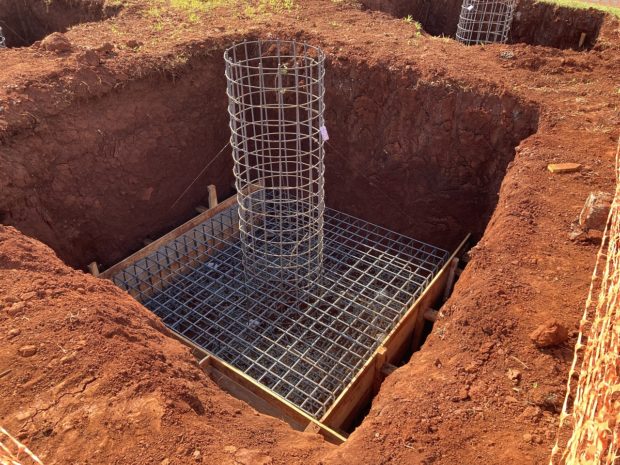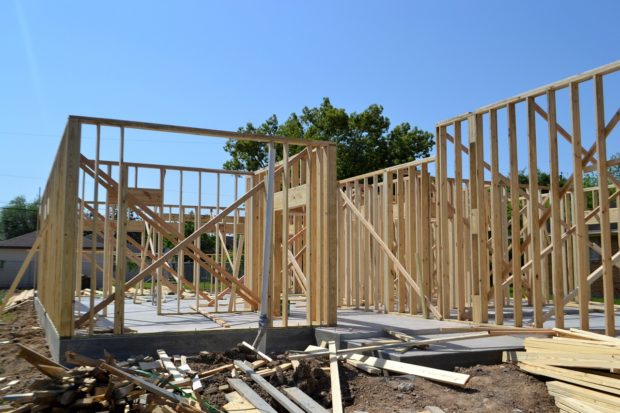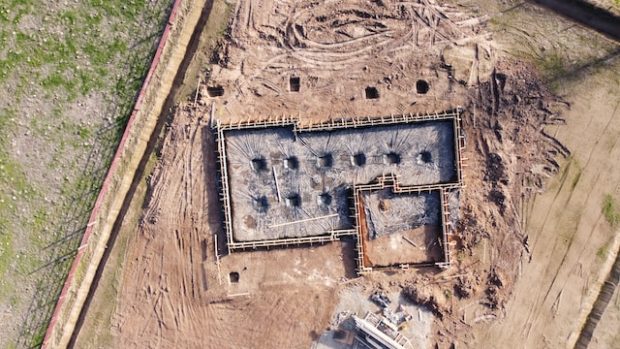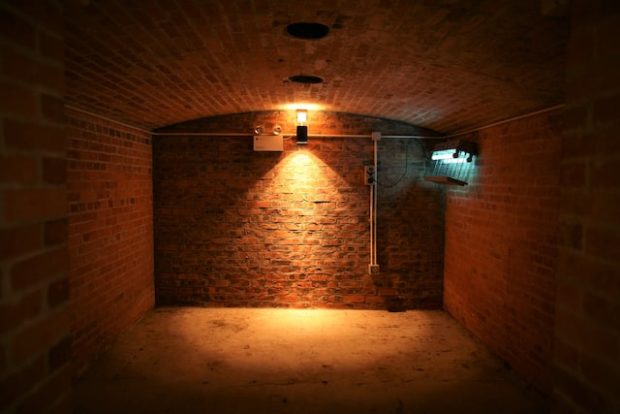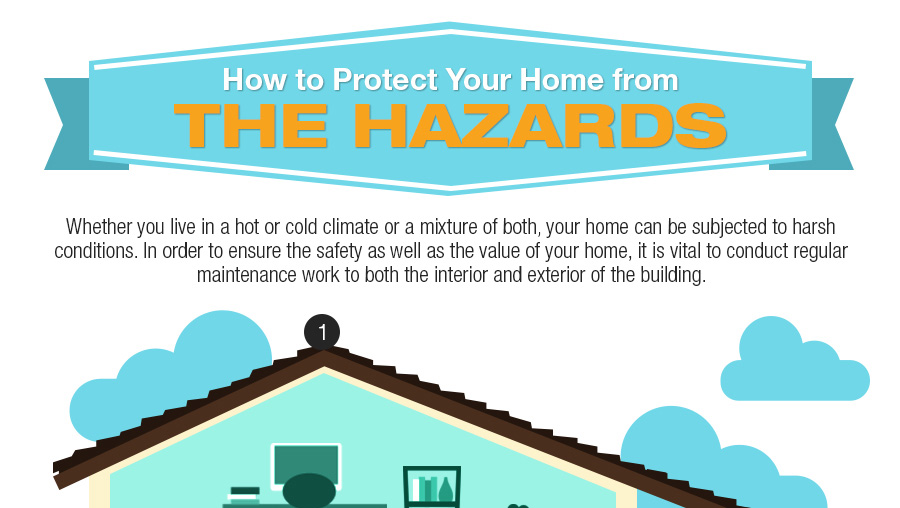When it comes to house renovations, some tasks are more critical than others. You may seek tips for fixing your backyard or repairing your roof. There’s no denying that a strong foundation is the most important part of any house. Without this, a home’s structural integrity cannot be guaranteed. In turn, this leaves the inhabitants and their belongings at risk.
Whether you’re building a new house or maintaining your existing one, this article discusses the importance of having a quality foundation.
It Provides Stability
Without a solid foundation, the entire structure could be at risk of collapsing and becoming uninhabitable. In contrast, a good foundation provides stability for the walls, roof, and other parts of the house. The foundation is usually composed of concrete blocks and other materials like bricks or stones, which are then reinforced with steel rebar to ensure support and strength. Your foundation distributes the weight evenly across all parts of the structure. If one side supports more weight than another, the foundation could become uneven – which would lead to further problems like damaged pipes and plumbing systems.
A quality foundation allows for better resistance against earthquakes and strong winds while also acting as an anchor to keep everything else from shifting or falling apart (due to weathering or natural disasters). Where additional structural support is needed, many people seek a range of RSJs that are suited to construction and manufacturing projects. They’re designed for load-bearing walls, come in various finishes, and can be pre-cut to size.
It Provides Regulation Compliance
Having a proper foundation is essential for meeting local building codes and regulations. Your foundation needs to be able to withstand seismic activity, support heavy loads, and meet other requirements set by local authorities. Building on an insufficient or faulty foundation can lead to costly repairs and fines due to non-compliance.
This is why you need to do plenty of research before you begin to do the work yourself. Should you involve a professional, make sure they’re qualified, experienced, and insured. You also need to ask about warranties, so that any later issues can be rectified without you being out of pocket.
It Protects Your Property From Damage
Without a strong foundation, your house can be vulnerable to severe damage over time. First, properly waterproof your home’s foundation before construction begins. This will help keep moisture out and preserve its integrity. If possible, elevate your property above ground level as well. This will further shield it from flooding or runoff water from nearby areas (during storms or heavy rains). Additionally, inspect your basement regularly. Look for cracks or signs of settling in order to identify potential issues early on so you can make necessary repairs quickly.
Consider investing in a sump pump and other water protection devices to help reduce the potential for water damage. Should disaster strike, however, your home insurance policy can help you get back on your feet.
It Maintains The Property Value
This is a crucial part of any homeowner’s financial strategy – whether you intend on moving at some stage (and getting a good sale price), or intend to stay put (and leave it as an inheritance).
You can expect major damage over time if you don’t address issues when they arise. They include cracking walls and floors, water intrusion from excessive moisture, rot from wood decay, and subsidence leading to shifts in stability. All of these issues can result in costly repairs or even full replacements. In turn, they’ll directly affect your property’s value – financially and aesthetically.
Potential Buyers Request Home Inspections
If someone’s considering buying your house they may request a thorough home inspection. When evaluating the condition of a house, the foundation is one of the most important aspects to check.
A qualified inspector will be searching for any structural defects, moisture problems, and more. They’ll also provide recommendations on how best to repair any existing issues uncovered during the inspection process. You may be required to resolve these issues before a sale can occur, in which case you could be facing considerable fees. Alternatively, the buyer may be prepared to purchase the home as it is – but may require you to drop the sale price as a result. This is obviously not something any seller wants to happen!
It’s An Essential Aspect Of Basement Renovations
Without a strong and stable foundation, it can be difficult to complete renovations and build upon the existing structure. This is because the foundation serves as a platform on which everything else in your home rests. It needs to be strong enough to support any additional load from renovations, such as furniture or appliances being stored in the basement space.
A good foundation should be able to withstand moisture and temperature extremes, so waterproofing applications are often recommended when renovating basements. Additionally, proper drainage should be installed to ensure that water doesn’t enter the area and cause potential problems for your newly renovated space.
It Guards Against Soil Erosion, Settling, Or Subsidence
Your foundation serves as a barrier between the home and its surrounding environment. It guards against soil erosion or settling by providing a stable surface for the structure to remain upright on. Your foundation also helps protect from flooding, which can cause significant damage if left unchecked. By creating an adequate buffer between the ground and the home, foundations can help prevent water from seeping in and causing harm.
Subsidence is a natural process where the soil shrinks or moves away from an area – creating voids underneath the structure that can weaken its stability. Without a properly laid foundation, subsidence can cause cracked walls and floors, doors that won’t close properly, and even structural collapse. In contrast, proper foundations act as barriers between the shifting ground and the home itself.
If you want a long-lasting home, you will need a foundation that ensures proper water drainage away from your house. Having read the points we’ve discussed today, the case becomes clear. A quality foundation will preserve your household and your property, and help maintain its value for many years to come.

